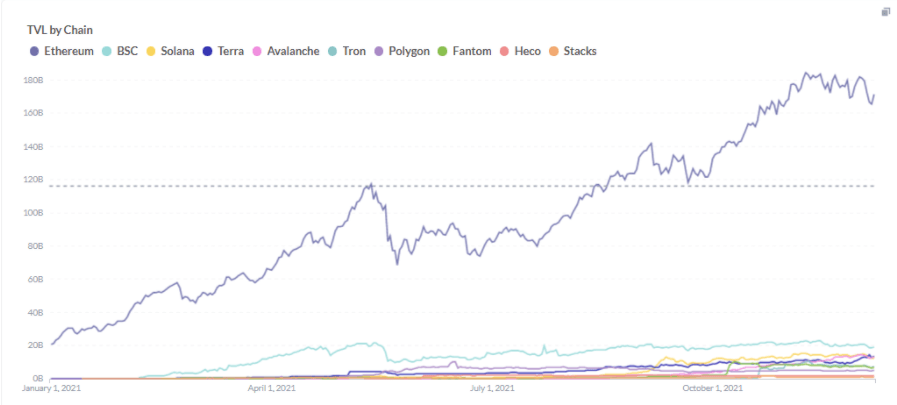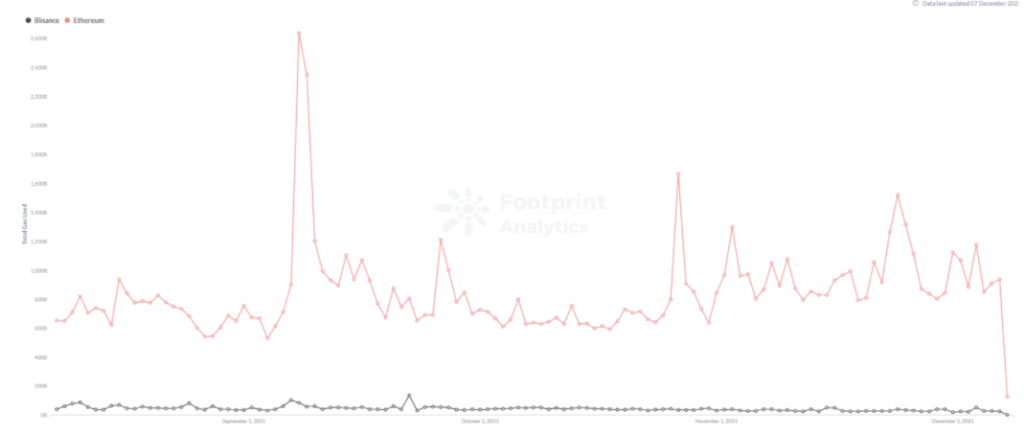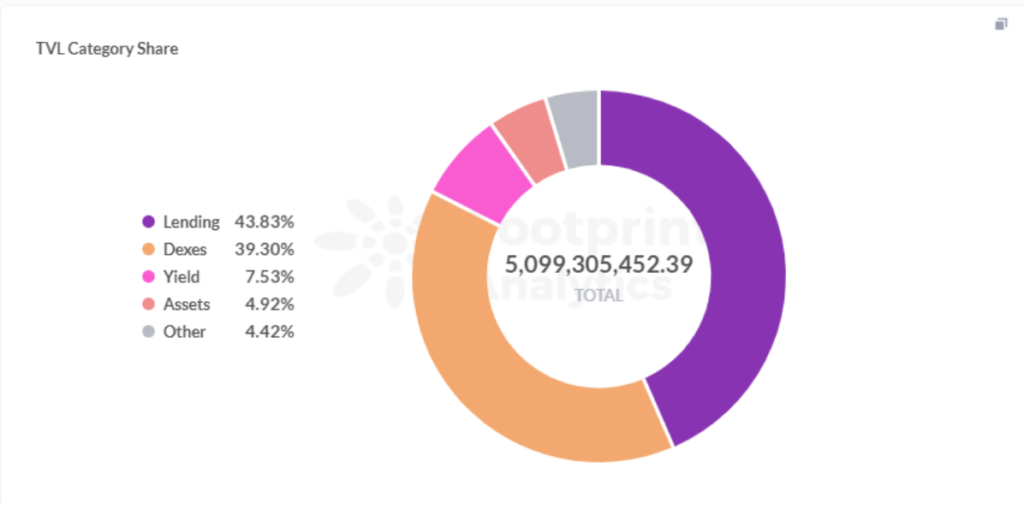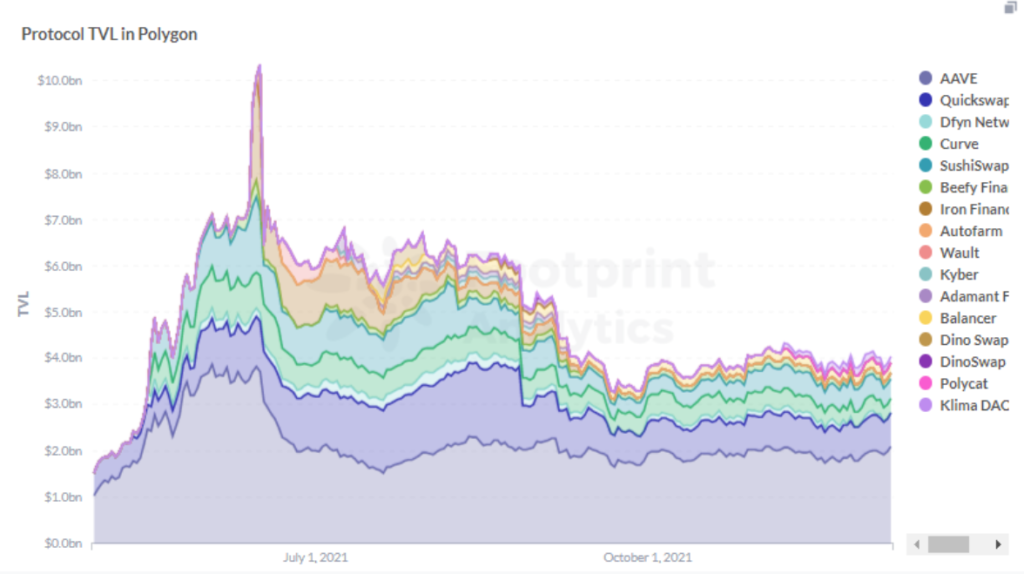MATIC has recovered since the Dec. 4 crash, with a 35% correction, and is approaching its highest closing price in seven months.

This comes after news that venture capital firms such as Sequoia Capital India and Steadview Capital are planning to invest $50 million to $150 million in MATIC tokens.

Polygon aims to solve some of Ethereum’s many issues, including:
- Low throughput
- Poor UX (gas, delayed PoW finality)
- No sovereignty (shared throughput/clogging risk, tech stack not customizable, governance dependence)

Polygon is one of the sidechain solutions to make Ethereum more efficient, also including xDai and Ronin.
Building and connecting Ethereum-compatible blockchain networks
Polygon is a protocol and a framework for building and connecting Ethereum-compatible blockchain networks.
As the scope of Matic expanded from a Layer 2 scaling solution for blockchains to a “network of networks”, the name was eventually changed to “Polygon.”
Polygon is a protocol and a framework for building and connecting Ethereum-compatible blockchain networks. It aims to transform Ethereum into a multi-chain ecosystem with secured Layer 2 and standalone chains.
Polygon Solutions for Ethereum and DeFi
Polygon’s ambitious design offers a number of advantages, which has helped it become one of the most attractive Ethereum scaling platforms available.

According to Footprint Analytics, the TVL (total value locked) is currently over $5.1 billion on Polygon, while the token trading volume is $4.2 billion.
Let’s take a look at some of the Polygon platform’s most compelling features.
- Scalability: Polygon has specialized Wasm execution environments, customized blockchains, and scalable consensus algorithms. As a result, shorter transaction speeds and lower gas fees benefit both developers and participants.
- Ethereum compatibility: Because of its lead in the industry, established tech stack, tools, languages, standards, and corporate acceptance, Polygon has interoperability with Ethereum and other blockchain networks for exchanging arbitrary messages.
- Modular design: Polygon’s modularity allows for customization, upgradeability, reduced time-to-market, and community cooperation.
Developers can establish preset blockchain networks through Polygon with qualities specific to their needs. With community participation, there is a growing collection of modules for developing custom networks that enable great customizability, extensibility, upgradeability, and quick access to the market.
- Interoperability: Polygon processes transactions off-chain before confirming them on Ethereum, using a technology called Plasma. Polygon is intended to be a complete framework for the development of interoperable blockchains. It comes with built-in support for arbitrary message passing (tokens, contract calls, and so on), allowing it to connect to external systems.
- User Experience: Polygon has “zero gas” transactions and instant (deterministic) transaction finality, which means [what?]. Polygon requires no protocol knowledge, token deposits, or approvals. Its modular design also makes it simple to create customized solutions or add new features.
Summary

Polygon is working on a variety of scaling solutions and is entirely focused on the Ethereum network. The platform’s combination of high speed and low transaction costs is attracting an increasing number of developers. Because of these, Polygon has been steadily growing, with Aave, Curve, Sushiswap, and many other projects on Ethereum deploying on Polygon.

After ETH 2.0, Polygon’s solution will be more stable, as the lower gas fee will shorten the interval between Polygon chains submitting nodes to Ethererum.
This report was brought to you by Footprint Analytics.
What is Footprint
Footprint Analytics is an all-in-one analysis platform to visualize blockchain data and discover insights. It cleans and integrates on-chain data so users of any experience level can quickly start researching tokens, projects and protocols. With over a thousand dashboard templates plus a drag-and-drop interface, anyone can build their own customized charts in minutes. Uncover blockchain data and invest smarter with Footprint.
CryptoSlate Newsletter
Featuring a summary of the most important daily stories in the world of crypto, DeFi, NFTs and more.
Get an edge on the cryptoasset market
Access more crypto insights and context in every article as a paid member of CryptoSlate Edge.
On-chain analysis
Price snapshots
More context

